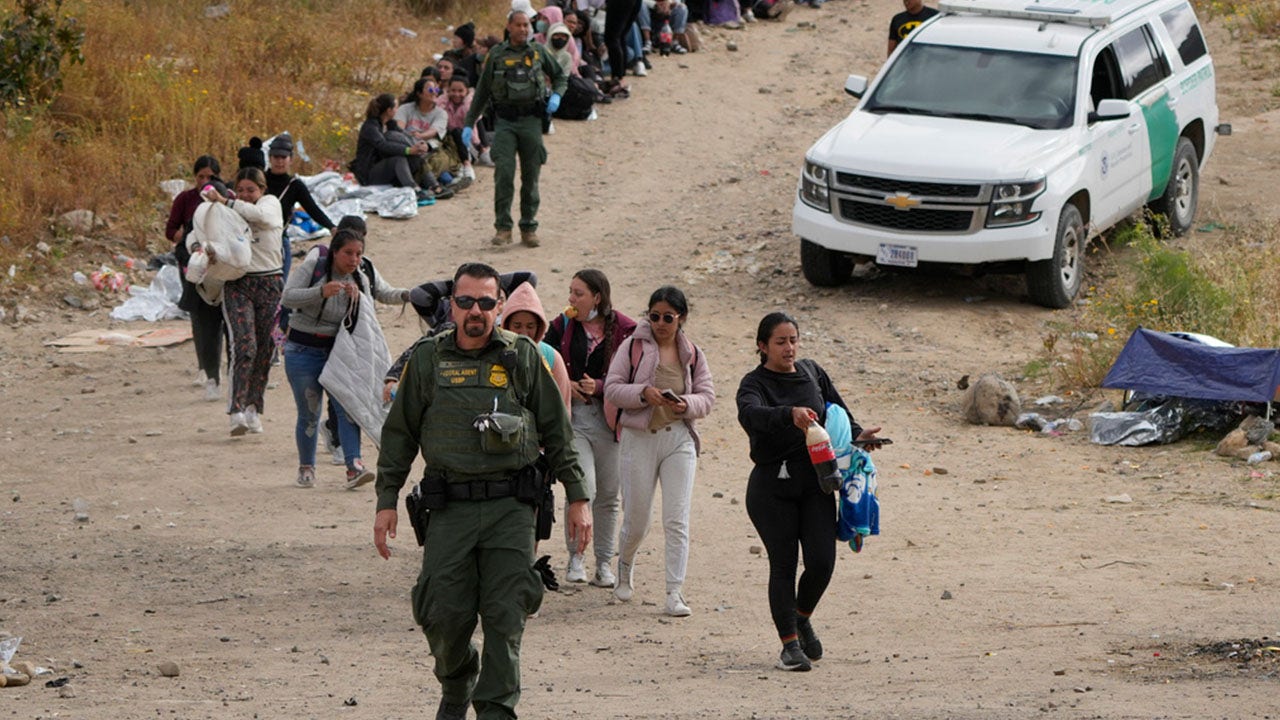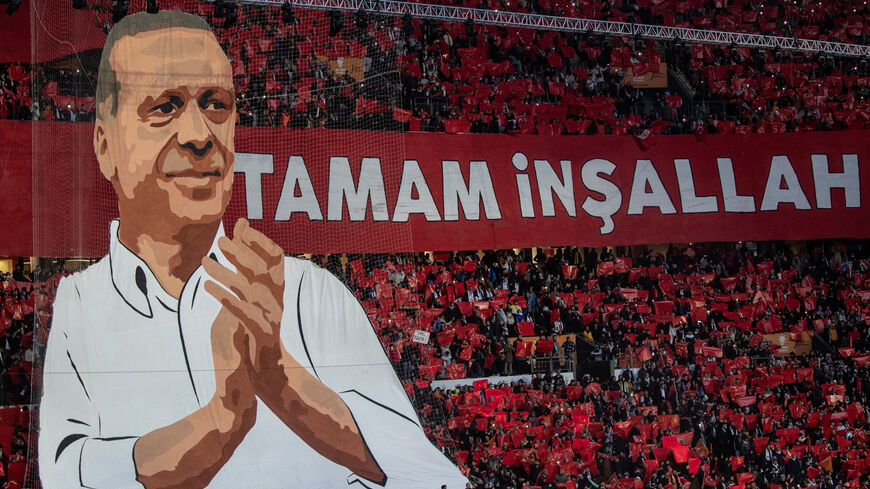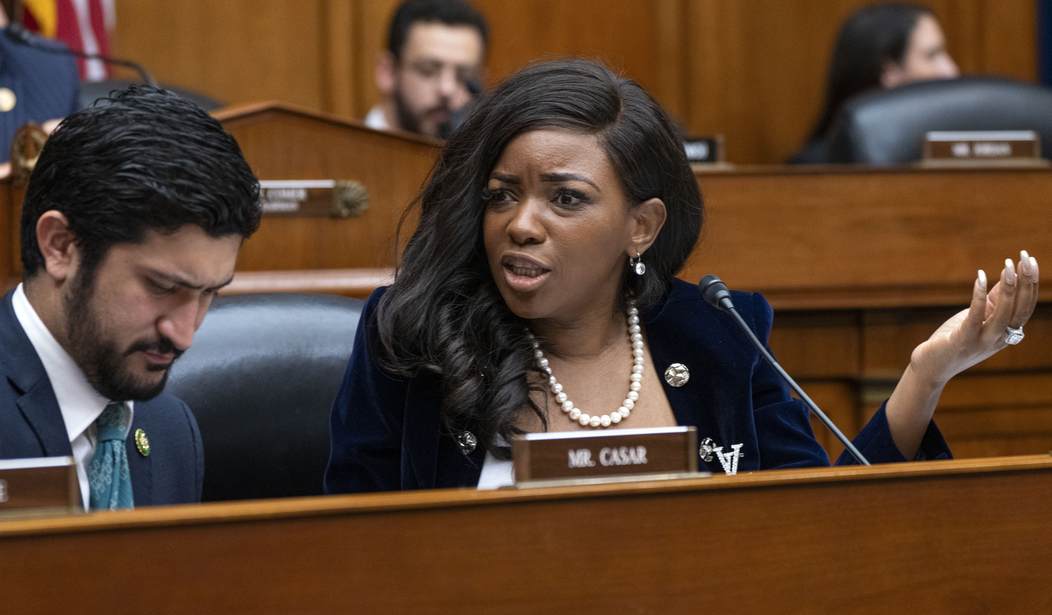Turkey’s Erdogan Leads, but Runoff Likely
Turkey’s presidential election appeared to be headed for a second round, as President Recep T. Tayyip Erdoan pulled ahead of his main challenger on Monday but fell short of a victory outright that would have extended his rule into his third decade.
The vote was closely watched to determine if the strategically situated NATO country, which borders Iran, Iraq, and Syria in the south, remains under the strong grip of the president, or if it can embark on a democratic course as envisioned by Kemal Kilicdaroglu, his main rival.
Opinion polls suggested that Erdogan’s 20-year reign could be ending amid economic turmoil, cost of living crisis, and criticisms over the government response to an earthquake in February that killed more that 50,000 people. Western nations and foreign investment were especially interested in the result because of Erdogan’s unorthodox economic leadership and his often mercurial, but successful attempts to place Turkey at the forefront of international negotiations including in Ukraine.
Ahmet Yener of the Supreme Electoral Board told reporters that after 99.4% domestic votes were counted and 84% overseas votes, Erdogan received 49.4%, while Kilicdaroglu got 45%. Sinan Ogan, a nationalist politician, received 5.2%.
|
Erdogan, who is 69 years old, told his supporters early on Monday morning that he still had a chance to win. He did say, however, he would honor the nation’s choice if there was a run-off on May 28, a vote which may favor him, since his coalition looked to be retaining its majority in Parliament.
In the lead-up to the vote on Sunday, opinion polls had given Kilicdaroglu a slight advantage over Erdogan. Erdogan has been the president or prime minister of Turkey since 2003.
Kilicdaroglu was optimistic about a victory in the second round.
Kilicdaroglu said, “We will definitely win the second round… and bring Democracy” he maintained that Erdogan has lost the trust of the nation, which now demands change.
Ogan hasn’t said who he will support if there is a second-round of voting. It is believed that he received the support of electors who wanted a change after 20 years under Erdogan, but were unconvinced about the ability of Kilicdaroglu’s six-party alliance to govern.
The election results indicated that the coalition led by Erdogan’s Justice and Development Party would retain its majority, despite the fact that the assembly’s legislative powers have been greatly reduced since a referendum in 2017 to switch the country’s governance system to an executive presidency was narrowly approved.
Anadolu reported that Erdogan’s ruling coalition alliance hovered around 49.3%. Kilicdaroglu’s Nation Alliance was at around 35.2%, and support for the pro-Kurdish Party stood above 10%.
Erdogan’s apparent majority will increase his chances of winning the second round vote. More voters are likely to back Erdogan in order to avoid a divided government.
Erdogan ran a campaign that was aggressive, as he had done in the past. He accused Kilicdaroglu of conspiring with “terrorists”, and supporting what he referred to as “deviant LGBTQ rights”. He increased wages, pensions, and subsidies for electricity and gas in an effort to win over voters who were hurt by inflation.
Kilicdaroglu’s campaign was based on his promise to revert crackdowns on freedom of speech and other forms democratic backsliding as well as repair an economy that has been battered with high inflation and currency devaluation.
Erdogan stated that “the fact that the results of the elections have not yet been finalized does not change the fact the nation has selected us.”
Anadolu Agency reported that Erdogan’s party dominated in the earthquake-hit area, winning 10 of 11 provinces. This was despite criticisms of Erdogan’s government’s slow and anemic reaction to the 7.8 magnitude earthquake. The 11 provinces in the south were hit by more deaths and destruction due to the lax application of building codes.
The conservative heartland of Turkey voted overwhelmingly for the ruling party. Kilicdaroglu, the main opposition candidate, won most of the coastal regions in the west and the south. The pro-Kurdish Green Left Party (YSP) won the majority Kurdish provinces of the southeast.
Nearly 89% of eligible voters, including overseas voters, voted. It’s 100 years since the establishment of Turkey as a republic – a modern secular state that was born from the ashes the Ottoman empire.
Turkey has a strong voter turnout, despite government suppression of freedom of speech and assembly. This is especially true since the 2016 coup attempt. Erdogan blamed a failed coup attempt on the followers of former ally Fethullah len. He also launched a massive crackdown against civil servants and pro-Kurdish political figures who had alleged links with Gulen.
Erdogan and the United Nations helped to mediate an agreement with Ukraine and Russia, allowing Ukrainian grain from Black Sea ports to reach the rest the world despite Russia’s conflict in Ukraine. The agreement, implemented by an Istanbul-based center, will expire within days. Last week, Turkey held talks to extend the agreement.
Erdogan has also slowed down Sweden’s bid to join NATO. He claims that Sweden has been too lenient with followers of a U.S. based cleric, and pro-Kurdish group members that Turkey views as national security threats.
Critics claim that the president’s aggressive style has led to a severe cost of living crisis. According to the latest official statistics, inflation is now at 44%. This is down from an all-time high of 86%. The opposition used the onion as a symbolic representation to highlight the price of vegetables.
Contrary to mainstream economic thought, Erdogan claims that high interest rates cause inflation. He has repeatedly pressed the Central Bank of the Republic of Turkey (CBT) to lower the main rate.
Copyright 2023 The Associated Press. All rights reserved. This material cannot be published, broadcasted, rewritten, or redistributed.
Newsmax.com









No Comments